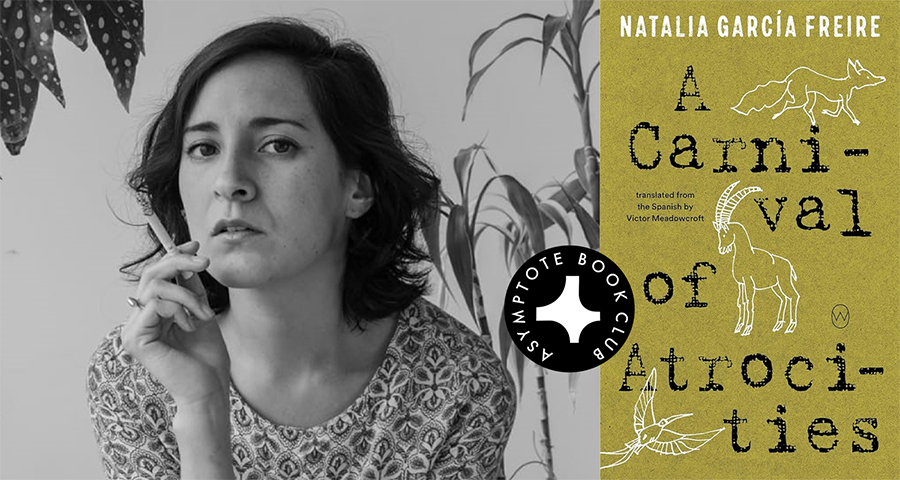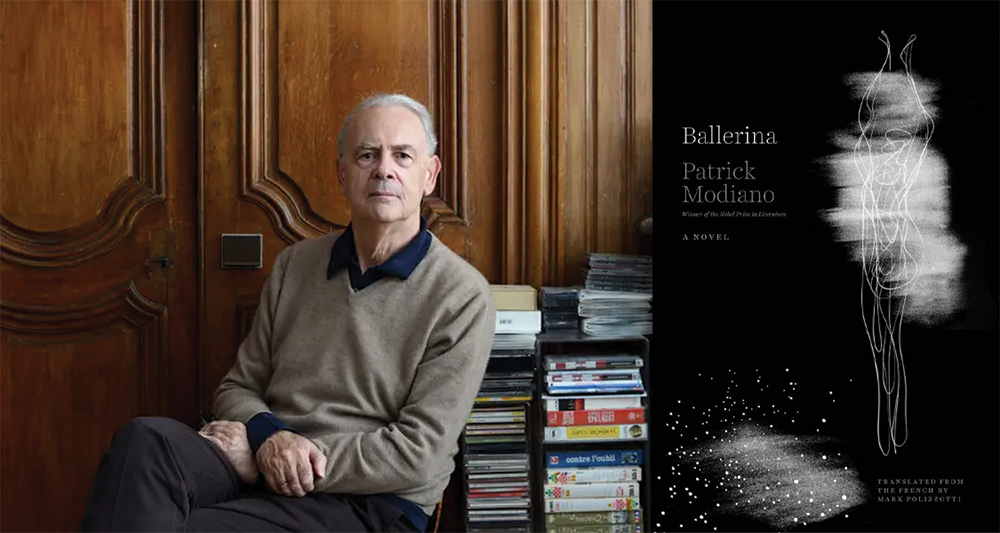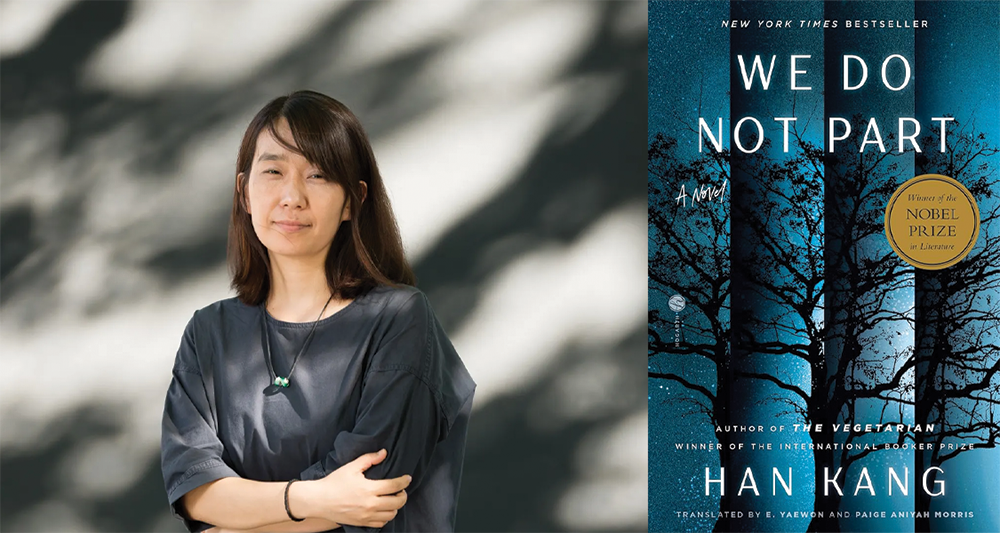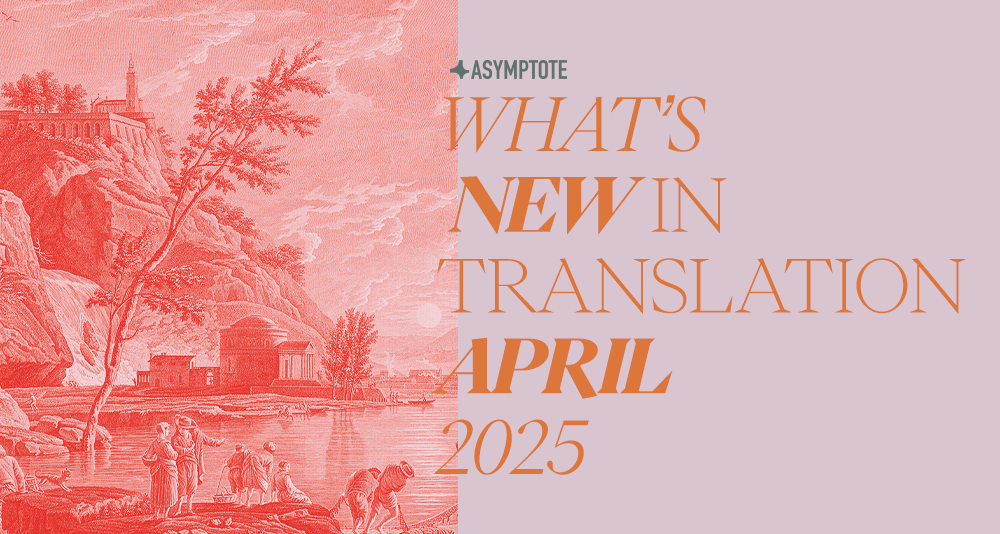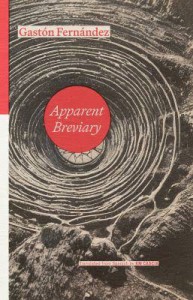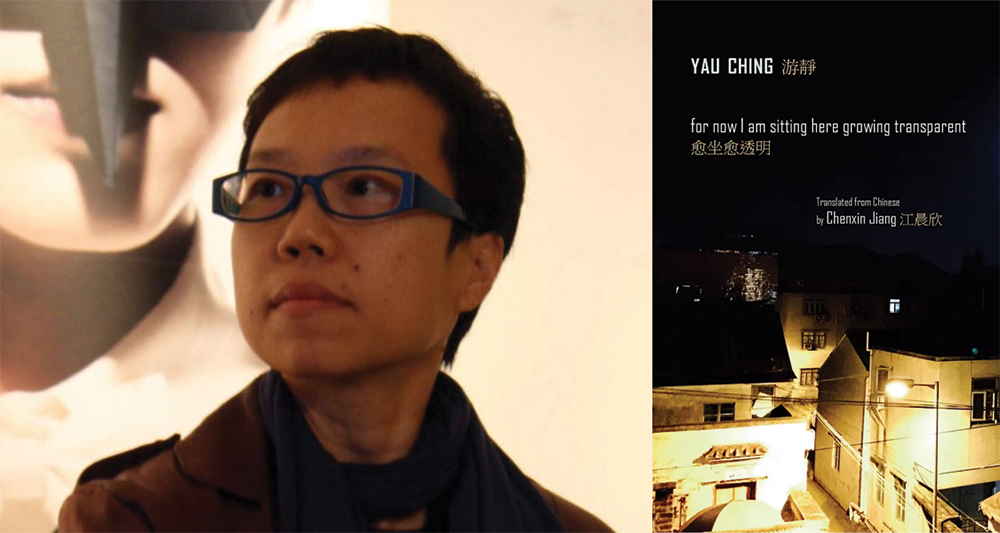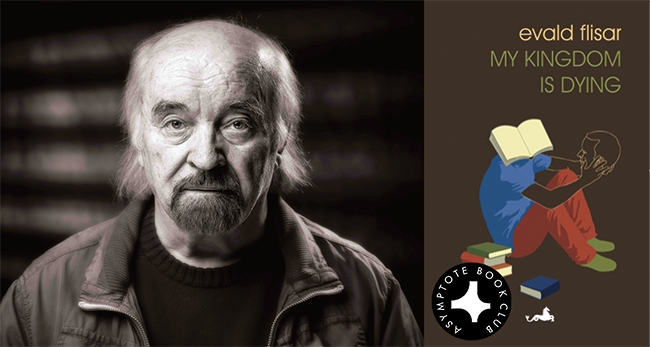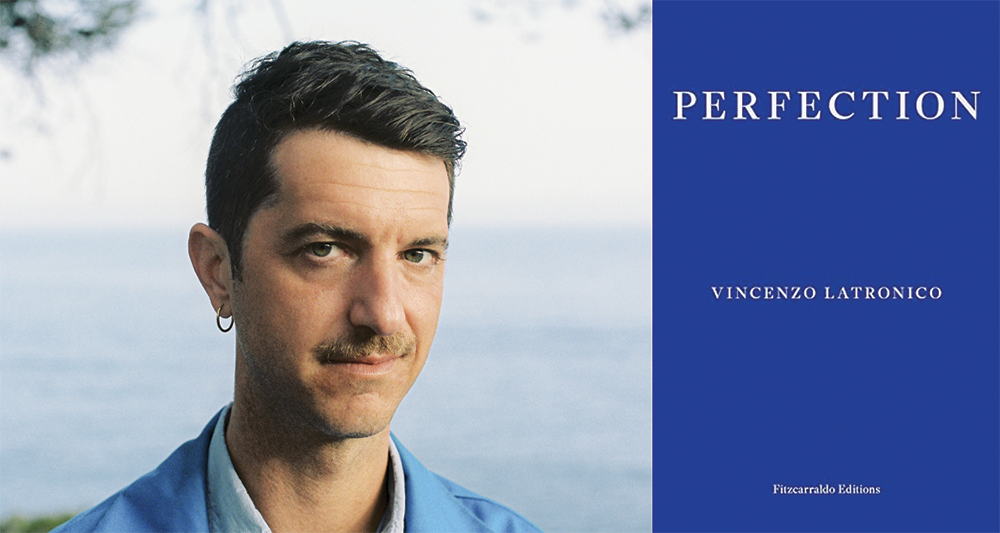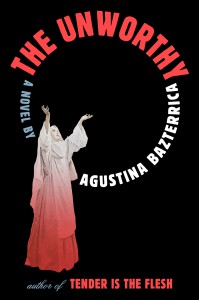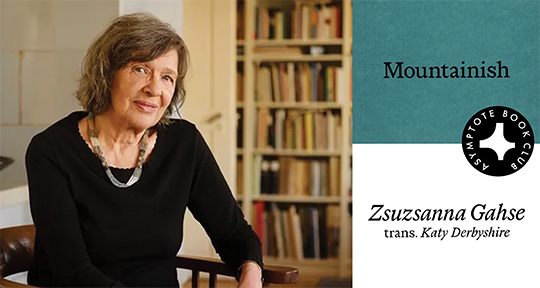Living in Your Light by Abdellah Taïa, translated from the Arabic by Emma Ramadan, Seven Stories Press, 2025
Nearly halfway through Living in Your Light, the narrator, Malika, plainly states: “Survival doesn’t make us into better people.” Abdellah Taïa’s latest novel tells the story of this survival in three parts, ranging from 1954 to 1999, showing us the endurance of his protagonist through rejection, death, love, and loss—but also her gradual hardening. When Malika makes the above statement to her daughter, Khadija, she’s already recognized that life has made her more severe than the young woman who falls in love in the novel’s opening.
Malika is a complex narrator, at times honest with herself and at other times stubborn, and Taïa clearly designates her as representing his own mother, M’Barka. The author has written on his mother in previous works, but has never explored her motivations, her character, or her complications so intimately. In his collection of short stories, Another Morocco, he writes: “M’Barka and I love each other, with much more than the love between a mother and son,” and has said elsewhere that his favorite word is M’Barka. However, their relationship is complicated, and Living in Your Light is plainly Taïa’s way of deciphering and honoring his mother’s journey.
Thus, Living in Your Light is one of Taïa’s most impressive works to date for its ability to tightly capture the struggles of a woman’s independence in Morocco, headed by Malika’s determination to control her own life, and continually thwarted by the forces of poverty, war, and colonization. Throughout the novel, Taïa writes of the physicality and torture of love, alongside larger questions of agency and resistance. READ MORE…





